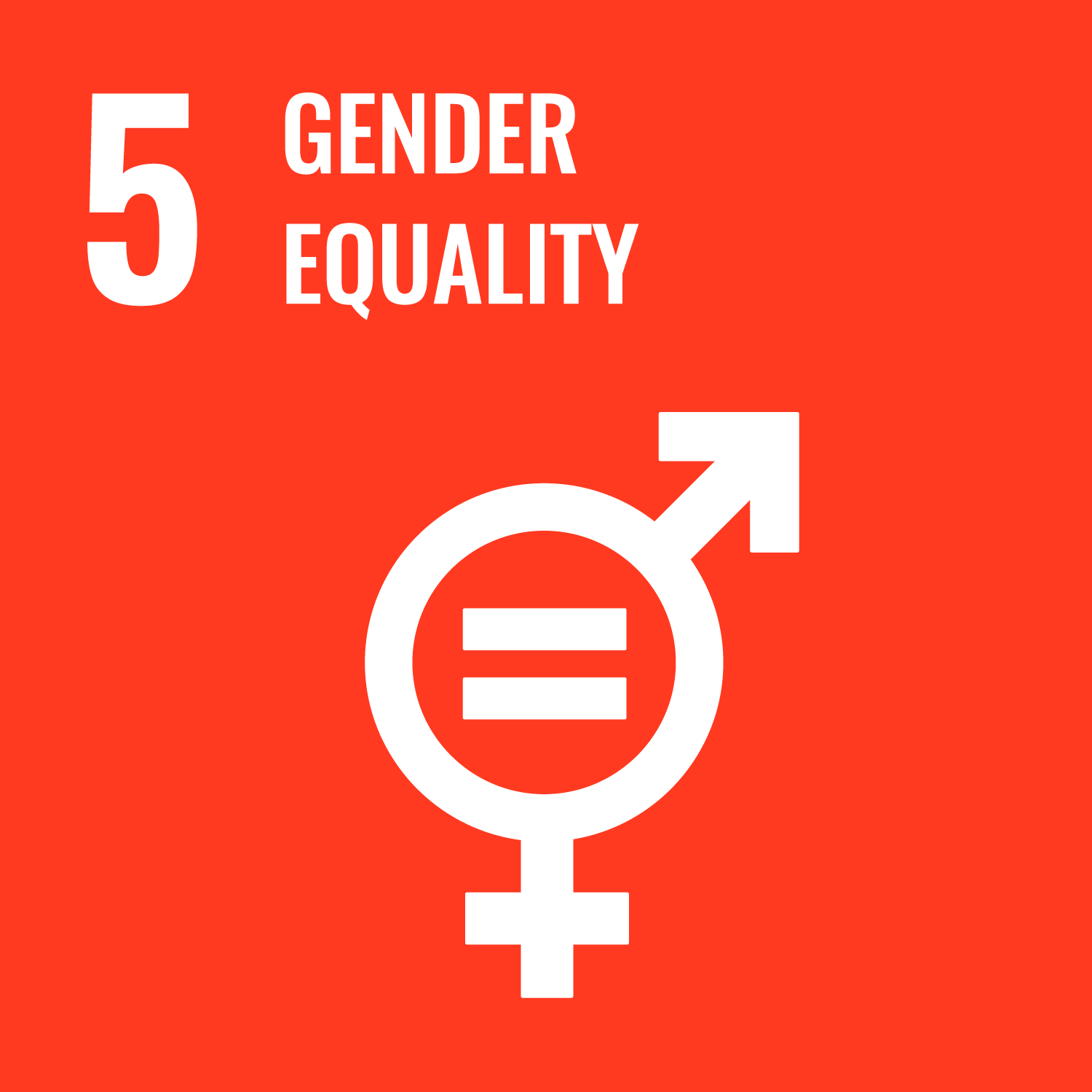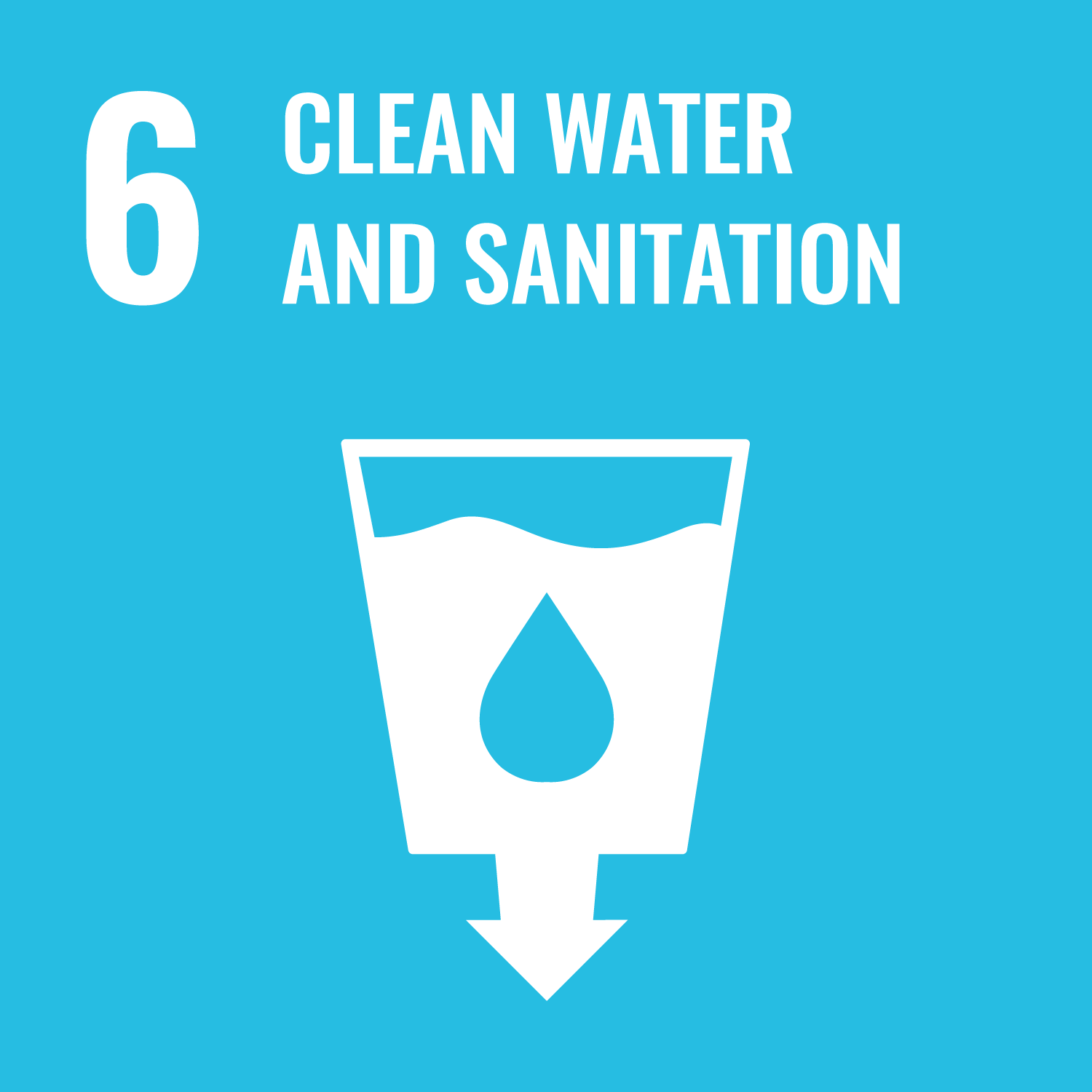Physics: Fluidodynamics, Oscillations and Waves
This lecture introduces the fundamental understanding of fluid (liquid and gases) and its kinematics statically and dynamically,
or it can be called hydrodynamics. This lecture introduces the Pascal, Archimedes, and Bernoulli’s principles as well as Equation
of continuity which includes the physical quantity variable, temperature, pressure, force, and the characteristic of the fluid
(viscosity). The hydrodynamics principles of will be introduced in a mathematical form. After the midterm, the students will
learn more about the application of this principles in engineering and bioscience.
To understand the state of matter (gas, liquid, and solid) whereas the physics concept applies to the fluid (gas and liquid)
statistically and dynamically. Students shall understand the fundamental principles works on the fluid containing of temperature,
pressure, force, and equation of continuity. The students will finally introduce to the concept of viscosity and surface tension.
The students are also expected to understand the application of this principles in the engineering field such as airplane,
pump, and venturi meter, and in the bioscience field such as blood flow in human body, and the heart system.
| Goals and objectives | Course Outcomes | |
|---|---|---|
| 1. | The students understand the phase of matter, Pascal, Archimedes, and Bernoulli’s principles |
A-1
|
| 2. | The students learn the Equation of Continuity and its application |
A-1
|
| 3. | The students learn the Bernoulli’s Equation and its application |
A-1
|
| 4. | The students learn the fluid dynamics and its application in the engineering and bioscience |
A-1
|
| Homew.+ particip. | Midterm exam | Final exam | Total. | |
|---|---|---|---|---|
| 1. | 3% | 10% | 13% | |
| 2. | 10% | 10% | 20% | |
| 3. | 10% | 10% | 20% | 40% |
| 4. | 7% | 20% | 27% | |
| Total. | 30% | 30% | 40% | - |
- Phase of Matter
COIL Program with Dr. Retno Asih from ITS will be conducted for 14 weeks. - Fluid Statics: Pressure in Fluids
COIL Program - Pascal Principles
COIL Program - Archimedes Principles
COIL Program - Fluid’s Dynamics: Flow Rate and the Equation of Continuity
COIL Program - Fluid’s Dynamics: Flow Rate and the Equation of Continuity
COIL Program - Mid-term examination and discussion on problem and solution
COIL Program - -Application of Bernoulli’s equation: Torricelli, Airplanes, Baseballs, Blood Flow
-Viscosity
-Flow in tube: Poiseuille’s Equation, Blood Flow
COIL Program - Application of Bernoulli’s Principle: Torricelli, Baseballs,
COIL Program - -Gas flow, heat transfer.
-Conduction, Convection, Radiation
COIL Program - -Convention
-Turbulent Flow
-Reynold Number
COIL Program - -Viscosity, Laminar Viscous Flow
-Turbulent Flow
-Reynold Number
-Prandtl Number
COIL Program - -Nusselt Number
-Lesson recap
-Rehearsal for Final examination
COIL Program - Final exam and discussion on the solutions
COIL Program
| A:Fundamental Mechanical Engineering | B:Advanced Mechanical Engineering | C:Environment and Materials Engineering | D:Chemistry and Biotechnology | E:Electrical Engineering and Robotics | G:Advanced Electronic Engineering | F:Information and Communications Engineering | L:Computer Science and Engineering | H:Urban Infrastructure and Environment |
|---|
| Evaluation method and criteria | HW assignments (Including preparation and review of the class.) | Amount of Time Required |
|---|---|---|
| 1) discussion participation in the class; 2) homework problem (emphasis put on originality of solutions); 3) midterm exam; 4) final exam, with relative weights of 30% (1+2), 30%(3), 40%(4). A minimum of 60% of the full score is required to pass the course. That is to say two exams are sufficient (midterm and final) releasing therefore the pressure of having to score the maximum in one exam only. | Review of the lecture | 100分 |
| - | - | 100分 |
| ways of feedback | specific contents about "Other" |
|---|---|
| Feedback in the class |
1. Physics for Scientists and Engineers with Modern Physics by Douglass C. Giancoli fourth edition Chapter 13 (Pearson New
International Edition 2014)
2. A Course in classical Physics 2 – Fluids and Thermodynamics (Undergraduate Lecture Notes in Physics) Chapter 1 by Alessandro Bettini (Springer International Publishing Switzerland 2016)
2. A Course in classical Physics 2 – Fluids and Thermodynamics (Undergraduate Lecture Notes in Physics) Chapter 1 by Alessandro Bettini (Springer International Publishing Switzerland 2016)
- Available time at room 4303-2 of Omiya Campus:
Monday 15:00 - 18:00 pm;
email: dita@shibaura-it.ac.jp
- Course that cultivates an ability for utilizing knowledge
- Course that cultivates a basic problem-solving skills
| Work experience | Work experience and relevance to the course content if applicable |
|---|---|
| N/A | N/A |







- 3.GOOD HEALTH AND WELL-BEING
- 5.GENDER EQUALITY
- 6.CLEAN WATER AND SANITATION
- 7.AFFORDABLE AND CLEAN ENERGY
- 8.DECENT WORK AND ECONOMIC GROWTH
- 9.INDUSTRY, INNOVATION AND INFRASTRUCTURE
- 11.SUSTAINABLE CITIES AND COMMUNITIES
Last modified : Wed Mar 06 04:12:32 JST 2024
